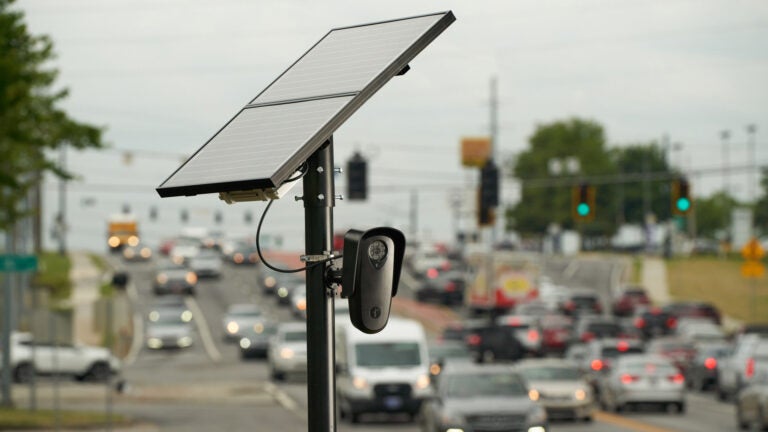
"Local News City officials voted to suspend the Flock Safety system while they review data-sharing practices with law enforcement. Just months after approving them, the Cambridge City Council voted unanimously Monday to pause the city's use of Flock Safety license plate reader cameras, citing growing concerns over privacy and data sharing. Flock Safety turned off the 16 cameras installed in the city on Tuesday, after the council unanimously voted to suspend their use."
"They raised concerns that the company shares license plate data in a national database accessible to law enforcement agencies nationwide. Documents obtained by the ACLU of Massachusetts show that police across the state are tracking drivers' locations and sharing that data with more than 7,000 agencies nationwide - including some in states that restrict abortion, ban gender-affirming care for minors, or require local police to enforce immigration laws."
"They raised concerns that the company shares license plate data in a national database accessible to law enforcement agencies nationwide. "What I'm really hearing is that the most criticism is of the company Flock," said City Councilor Paul Toner, who wanted to give the police department time to investigate the accusations against the company. "Technology can be very useful, but at this time it can be misused and terribly dangerous," City Councilor Marc McGovern said."
Cambridge City Council unanimously paused the use of Flock Safety license plate reader cameras to review data-sharing practices. Flock disabled the 16 cameras installed in September after a 6-3 approval in February. The council reconsidered the program following feedback from residents, the ACLU, and Digital Fourth, citing concerns that Flock shares license plate data in a national database accessible to law enforcement. Documents from the ACLU of Massachusetts show police track drivers' locations and share data with more than 7,000 agencies, including in states with restrictive abortion laws or bans on gender-affirming care for minors. Reporting alleges misuse, including a Texas agency using the database to locate a woman who allegedly self-administered an abortion.
Read at Boston.com
Unable to calculate read time
Collection
[
|
...
]